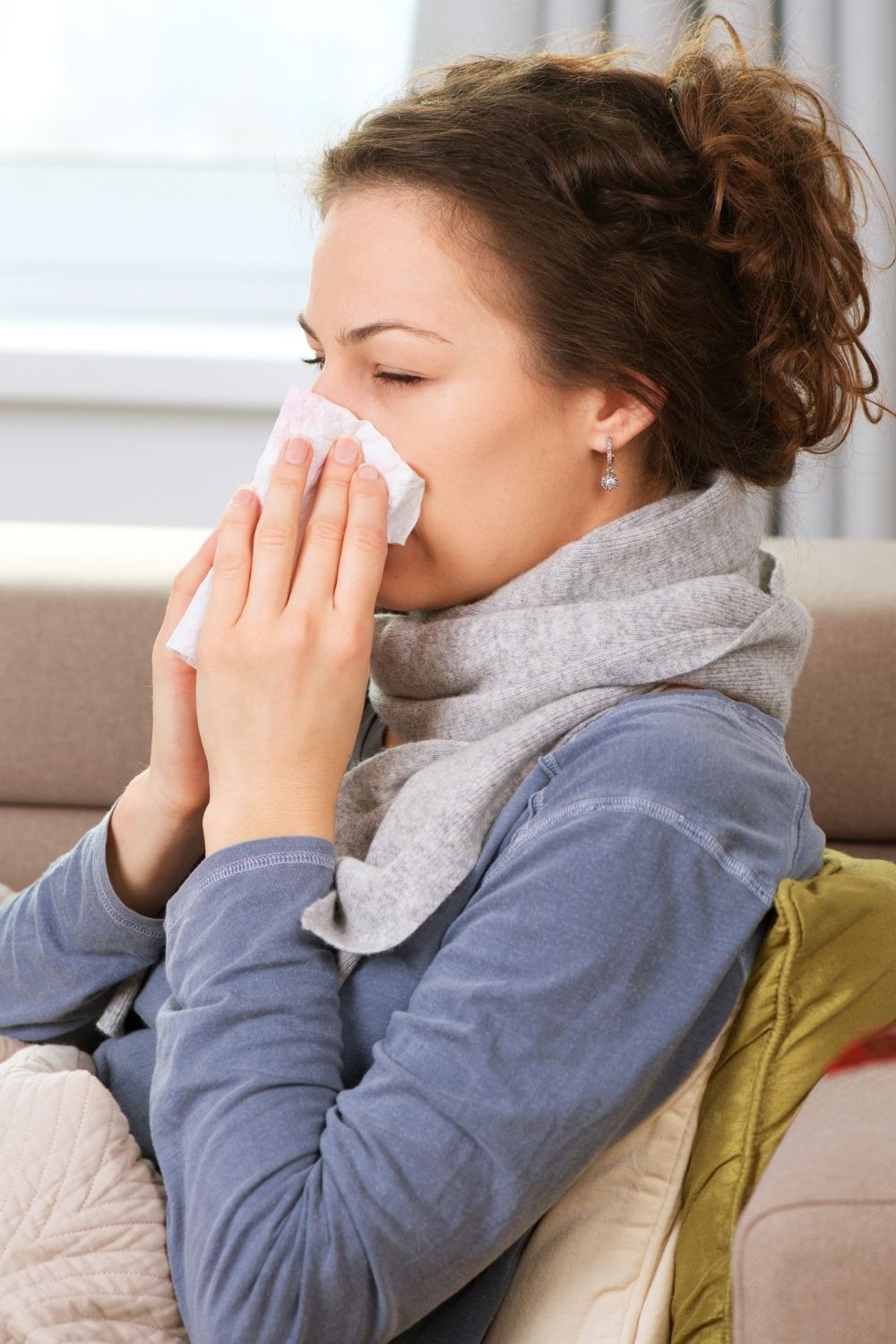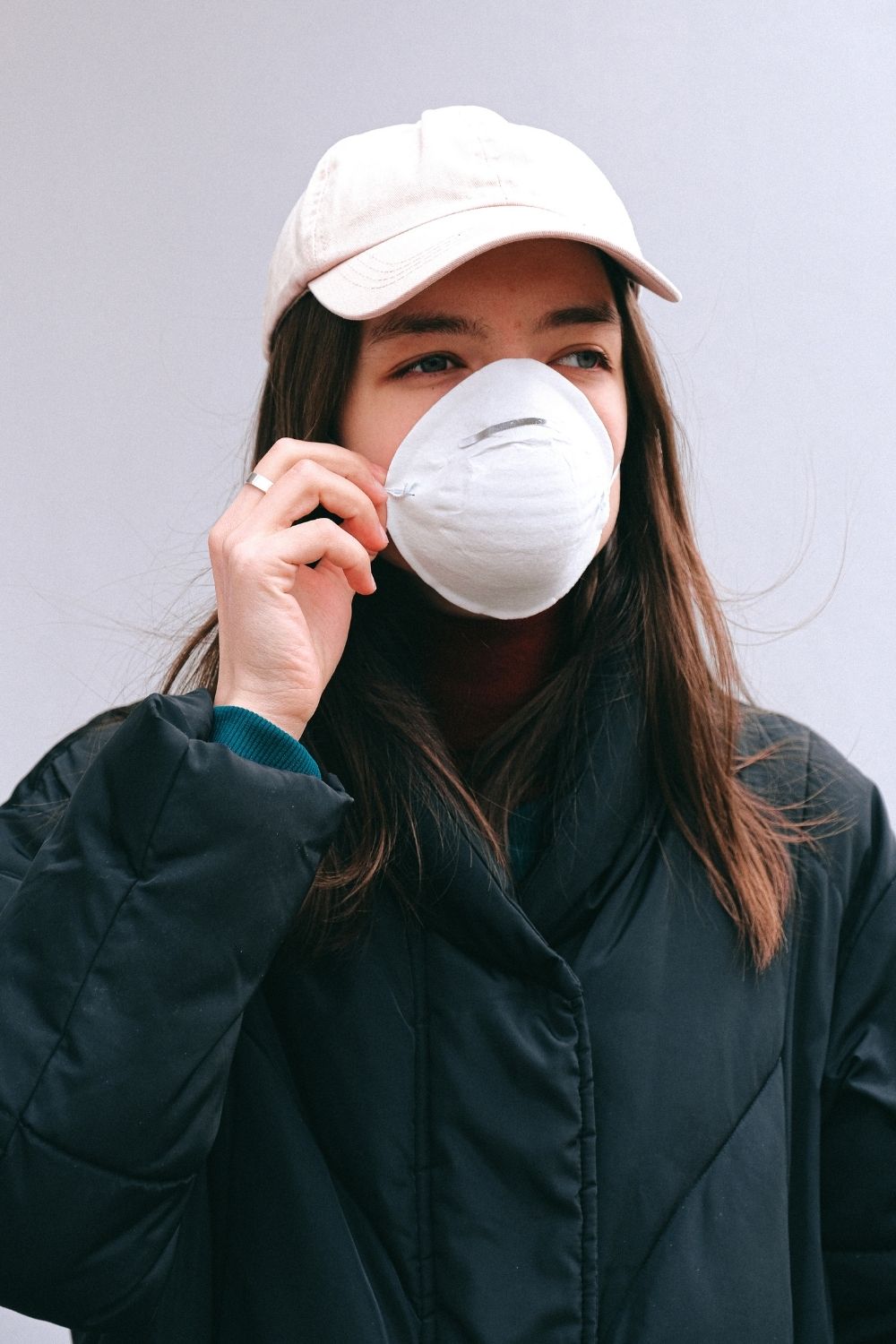Why the Flu Shot is Important
Flu vaccination prevents millions of illnesses and flu-related doctor’s visits each year.
For example, during 2019-2020 flu vaccination prevented an estimated 7.5 million influenza illnesses, 3.7 million influenza-associated medical visits, 105,000 influenza-associated hospitalizations, and 6,300 influenza-associated deaths.
An annual seasonal flu vaccine is the best way to help protect against flu. Vaccination has been shown to have many benefits including reducing the risk of flu illnesses, hospitalizations and even the risk of flu-related death in children:
Why Should I Get The Flu Vaccine?
Influenza (flu) is a potentially serious disease that can lead to hospitalization and sometimes even death. Every flu season is different, and influenza can affect people differently, but millions of people get flu every year, hundreds of thousands of people are hospitalized and thousands to tens of thousands of people die from flu-related causes every year.
Flu can mean a few days of feeling bad and missing work or it can result in more serious illness. Complications of flu can include bacterial pneumonia, ear infections, sinus infections and worsening of chronic medical conditions, such as congestive heart failure, asthma, or diabetes. An annual seasonal flu vaccine is the best way to help protect against flu. Vaccination has been shown to have many benefits including reducing the risk of flu illnesses, hospitalizations and even the risk of flu-related death in children. While some people who get a flu vaccine may still get sick, flu vaccination has been shown in several studies to reduce severity of illness.
6 Reasons to Get a Flu Shot
A flu shot can save your life.
In fact, influenza can lead to death in serious cases. During the 2017-2018 flu season, the CDC estimates 80,000 people died.
The flu shot helps with herd immunity.
Most people are eligible to get the flu shot.
The flu shot changes each year.
The sooner you get the flu shot, the better.
You won't get the flu from the flu shot.
A common misconception is that you can contract the flu from a flu vaccine, but that is not possible because the shot uses a deadened form of the virus.
COVID-19 and the Flu Shot
The CDC recommends that everyone get their flu shot by the end of October. They generally caution seniors not to get vaccinated too early, in July or August, because you want to have the highest protection during the winter.
With COVID-19 vaccine booster shots a real possibility many people are wondering if they can get a flu shot and a COVID vaccine at the same time.
The short answer is yes.
When the COVID vaccines were first authorized at the end of last year they came with a clear recommendation not to administer them at the same time as any other vaccines. That was done out of an abundance of caution.
No evidence indicates that giving them with other vaccines either diminishes their effectiveness or causes any additional side effects.


